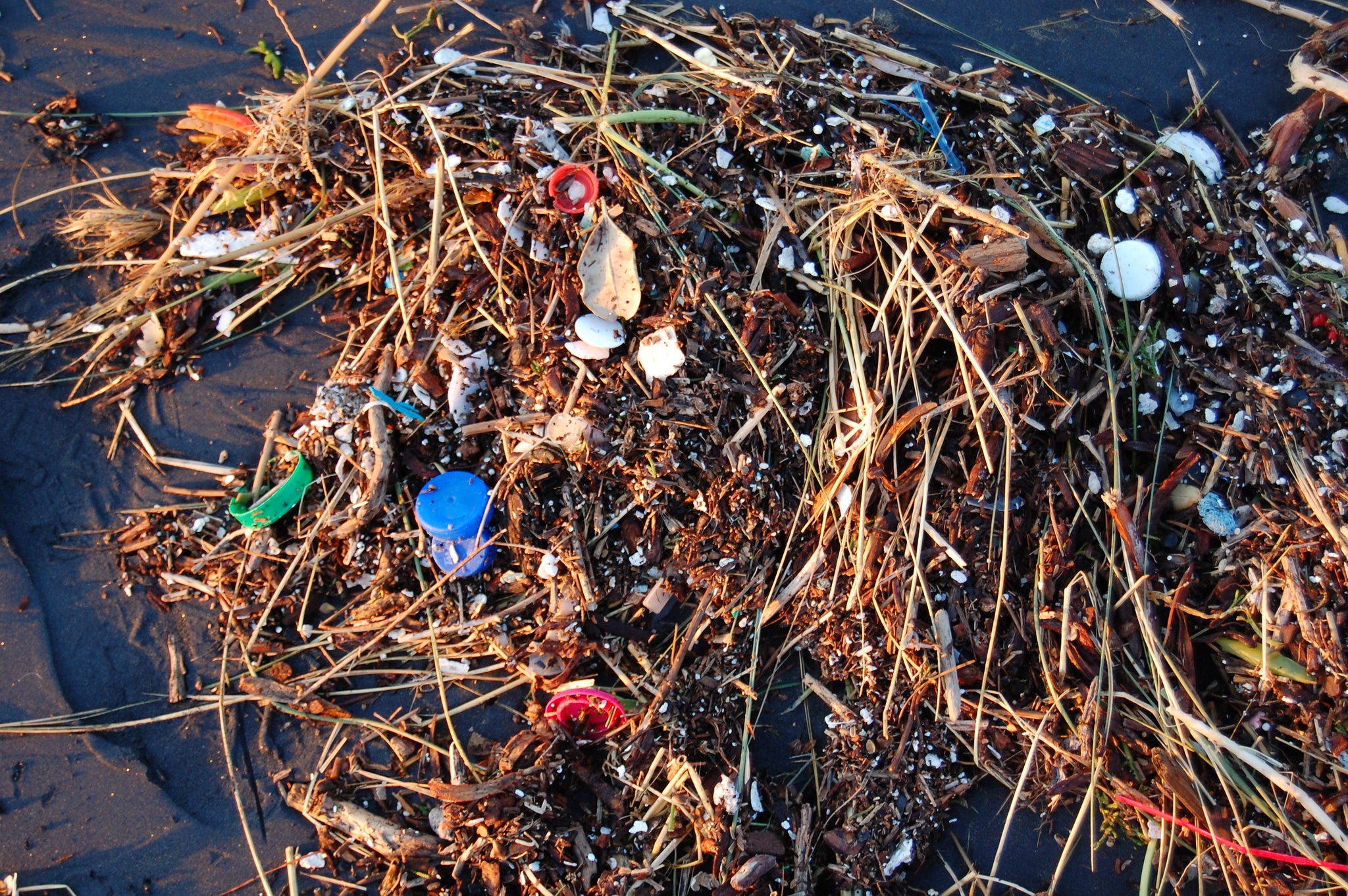We live in a consumer society. Our capitalist system incentivizes buying stuff, and there a ton of cultural narratives — mostly promoted by clever marketing campaigns — that make it cool to have the latest, new thing. Our economic system rewards consumerism. The cycle: buy something, use it for a while, buy the newer version and throw the old version away. We do this over and over again, even when the ‘old’ thing still works great.
This is only a problem because it results in a ton of waste. Capitalist systems, unchecked, do not account for — or mitigate — the waste. And a lot of the waste is plastic, which essentially lasts forever, and kills things like aquatic mammals and other ocean wildlife just by being around.
Good news - there’s a better way, but it requires putting checks in place. Regulating businesses.
Needed: A full lifecycle redesign
The United Nations environment programme is trying to address the issue, calling for changes to the entire lifecycle of plastic. Because recycling is failing to keep up.
Because the truth is we cannot recycle our way out of this mess. Recycling infrastructure is unable to cope with today’s volumes. Waterfalls of virgin plastic are cascading into the system at one end. Our recycling systems are akin to running around with pots at the other end, catching only a fraction of this torrent to put back into the system. Simply investing in bigger pots and more people to carry them will not fix the problem.
In order to address the issue, the system must be redesigned from the creation of plastic products through their use, and possible re-use, all the way to their degradation into harmless components.
Only a determined elimination of unnecessary plastic, a full redesign of the products that we envelop in plastic and a full market transformation that drastically reduces the flow of virgin plastics can do that.
A big step toward ending plastic pollution
More about recycling and stuff
TIL: climate podcast about recycling.
Watch The Story of Stuff; it explains the issue really well.



